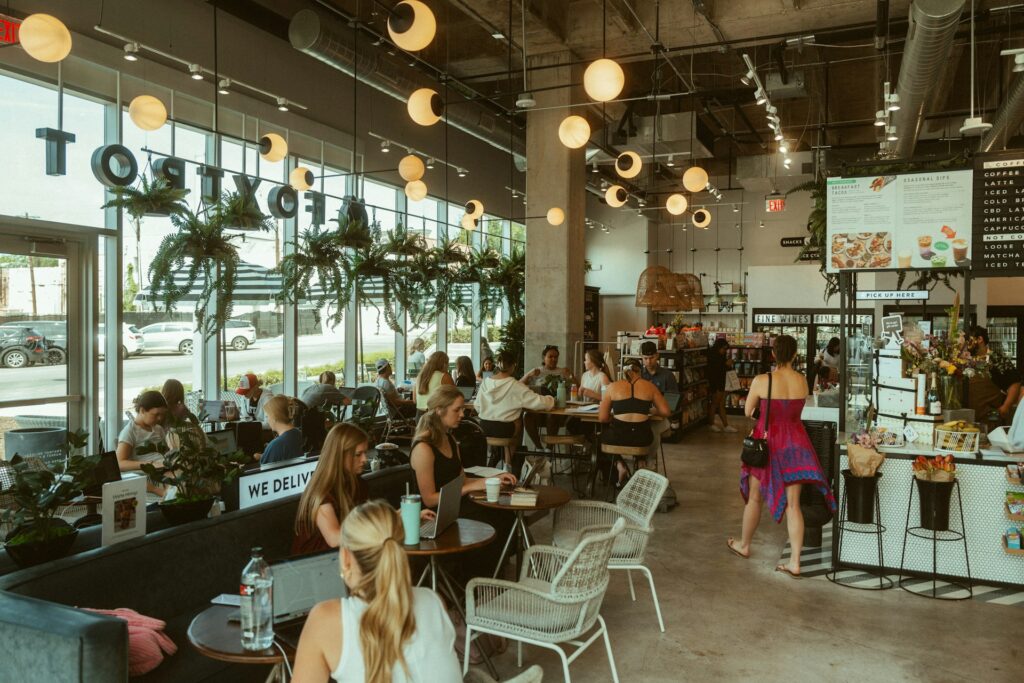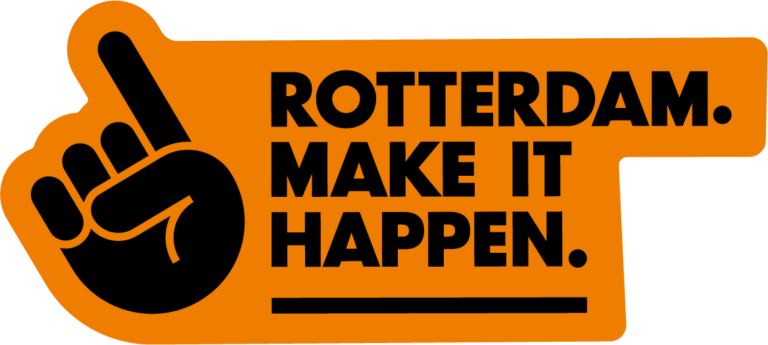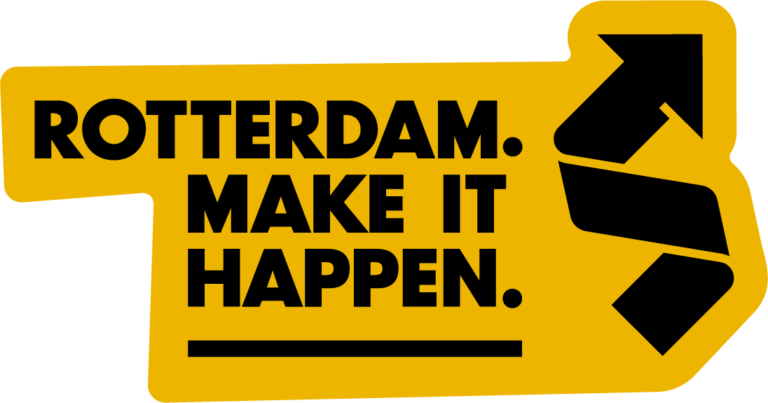People are fed up. They’re shouting it in the streets of Mexico City, on Barcelona’s Ramblas, and in Valencia’s seafront neighbourhoods: too many tourists, too much pressure. And now, more and more voices are pointing at expats –temporary residents filling rental apartments and trendy cafés. But it’s important to make a clear distinction. We are not talking about migrants who arrive out of necessity, who work, raise families, learn the language, and ultimately become part of the social and economic fabric of the city, often under far more difficult and invisible conditions. We are talking about another kind of temporary resident: digital nomads, lifestyle expats, professionals who travel by choice, chasing better weather, cheaper living, or an urban image fit for a postcard.
People are aware of their impact. But unlike mass tourism, their presence is harder to define, more diffuse. The expat is not someone who stays just a few days, but someone who remains, yet without putting down roots. They live behind a laptop, in housing inflated by global demand, and move through the city as if it were an exotic stage set. They consume, yes. But they do not produce, they do not invest, they do not engage. They are part of a disconnected economy, one that feeds only itself, detached from the territory that hosts it.
To understand this dysfunction, we must remember that an economy is not just about buying and selling. There are four essential actions that bring it to life: consuming, investing, producing, and engaging. Four actions that always have a territorial dimension. When you buy bread at the neighbourhood bakery, you generate a chain of local relationships. When you invest in a community or business project, you leave an imprint that multiplies into shared value. When you produce—whether it’s goods, services, or knowledge—you activate circuits of work and prosperity. And when you engage, through meetings, conversations, or events, you generate those invisible bonds that connect people and ideas. Without these four pieces, the economy becomes a limping, unbalanced mechanism.
The problem is that most expats only consume. They do not invest in the place where they live; they do not contribute to infrastructure or plan anything long-term. Their work, often digital and remote, does not feed the local productive network but faraway companies. And even less do they interact with the social and cultural fabric of the territory: they live in linguistic bubbles, surrounded by friends who are copies of themselves, in a city that serves as a mere backdrop. Migrants, on the other hand, do end up engaging in these four dimensions, because their stay is not a parenthesis but the construction of a life.
This economy reduced to consumption creates dysfunctions. It inflates housing prices, displaces neighbours, and transforms districts into theme parks for roaming teleworkers. But above all, it breaks reciprocity. Because the economy, at its core, is a pact: I contribute, you contribute, and together we make the place thrive. When there is only a one-way flow—consumption without return—the territory becomes depleted, emptied of meaning and possibilities. It’s like a river that only drains, without any current that feeds it or any rain that renews it.
And yet, we cannot fall into the easy temptation of always blaming those who arrive from elsewhere. I wrote it in another article: the tourist is not the enemy. They are only a symptom of a model that turns cities into financial assets. Many of those who contribute to housing exclusion are not distant investment funds but neighbours, friends, or family members who decide to put their apartments on short-term rental platforms. The problem is structural, and it has as much to do with local decisions as with global dynamics.
That is why we have the option to rethink how we host and integrate expats, creating mechanisms that encourage a balance between the four dimensions. How can we encourage them to invest responsibly? How can we involve them in local projects? How can we ensure that their knowledge and experience enrich the community? How can we make their presence not a parasite, but a catalyst? Here placemaking can play a key role, because it reminds us that living in a city is not only about consuming it but also about nurturing it. When we create public and community spaces that facilitate engagement, when we link housing and infrastructure to social uses, when we design policies that invite reciprocity, we turn global mobility into an opportunity rather than just a burden.
Some cities are already experimenting with special taxes for temporary residences, with funds dedicated to social housing. Others are launching cultural exchange programmes for those who settle for more than a few months, as a condition for obtaining permits. Some have reinforced neighbourhood public spaces with cultural and social facilities that demand real interaction with the community, while in others, affordable housing programmes are accompanied by investments in libraries and civic centres open to all residents. In the end, living in a city should not just mean consuming it, but also becoming part of it, leaving something behind, weaving yourself, however briefly, into its shared story.
*A version of this article was published in Catalan in eldiario.es.







